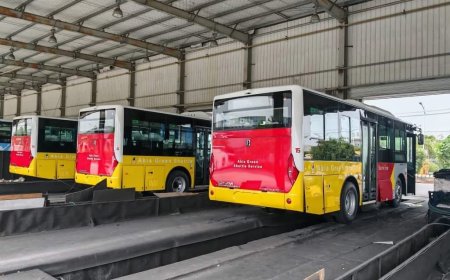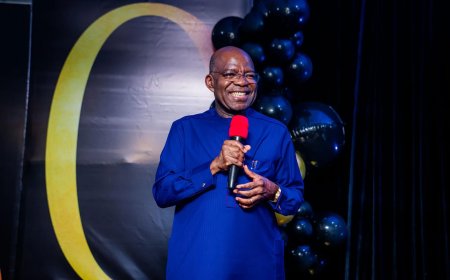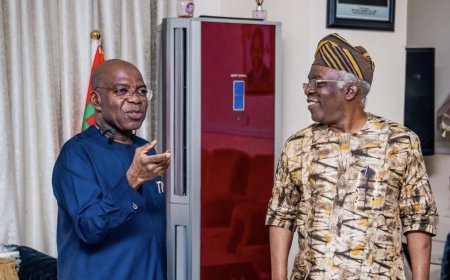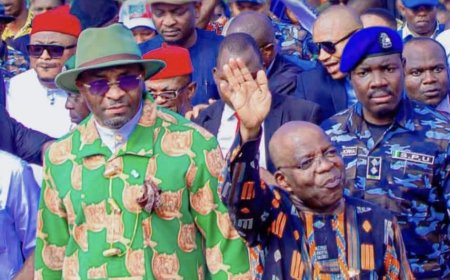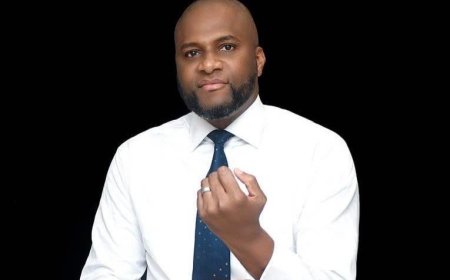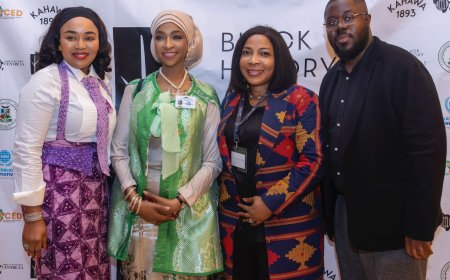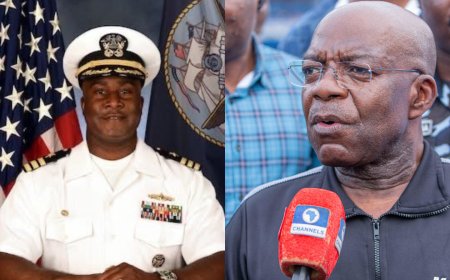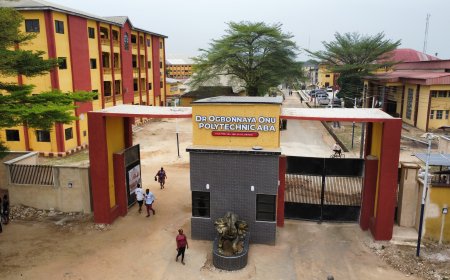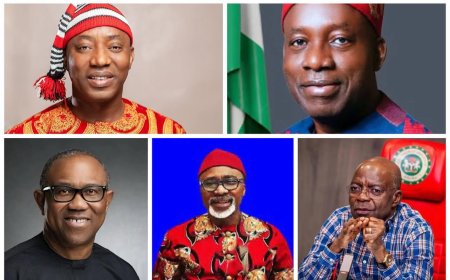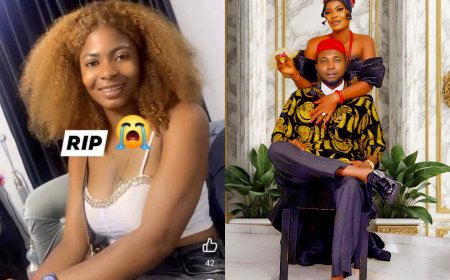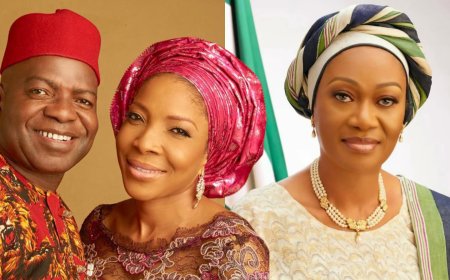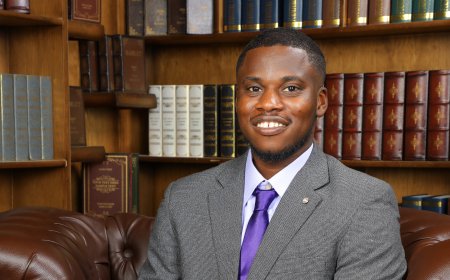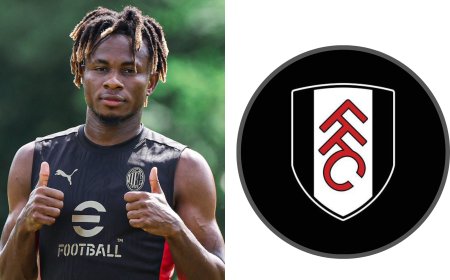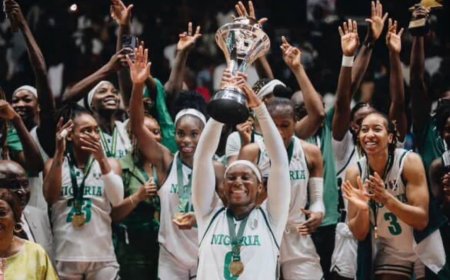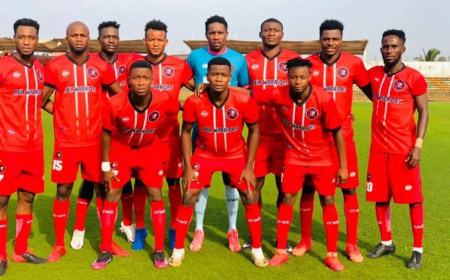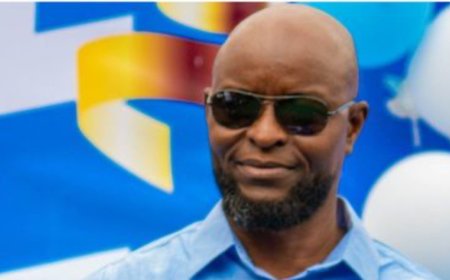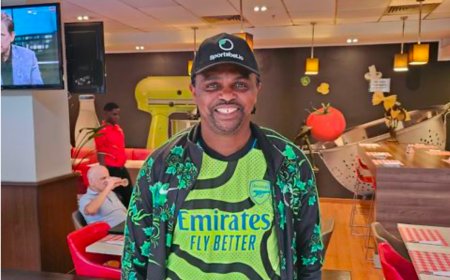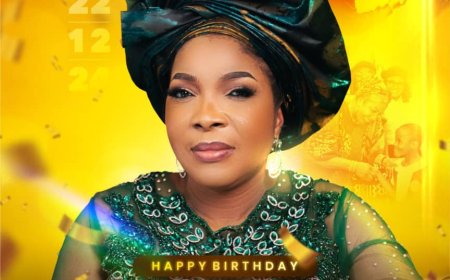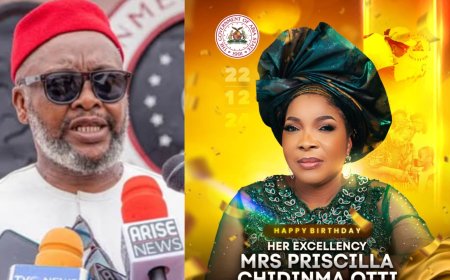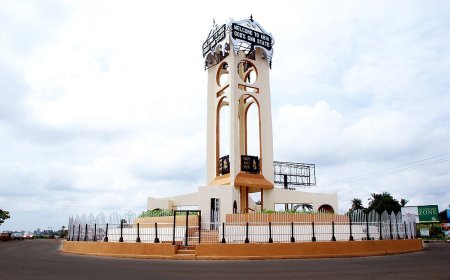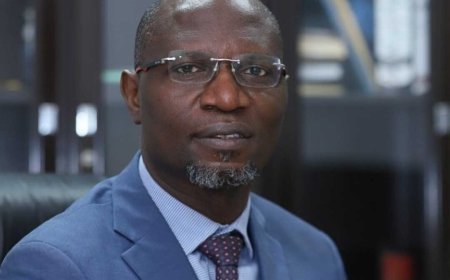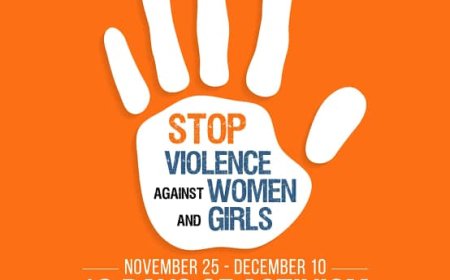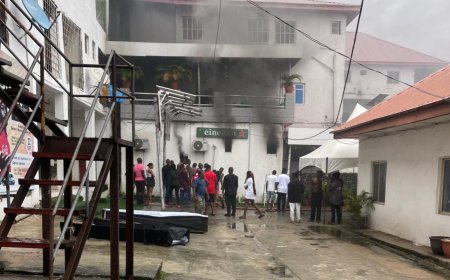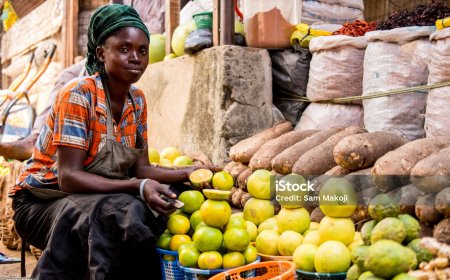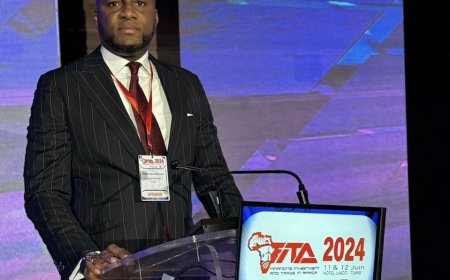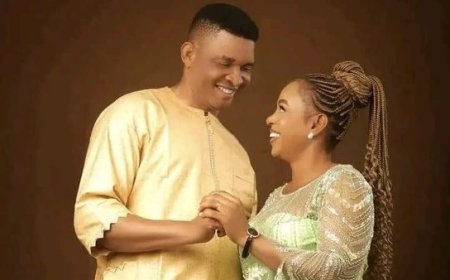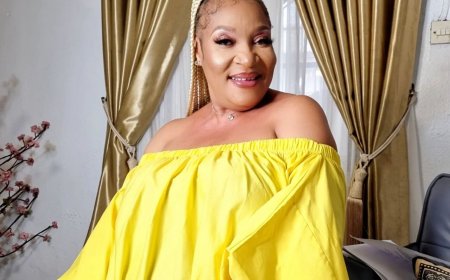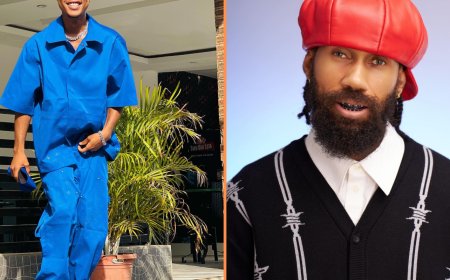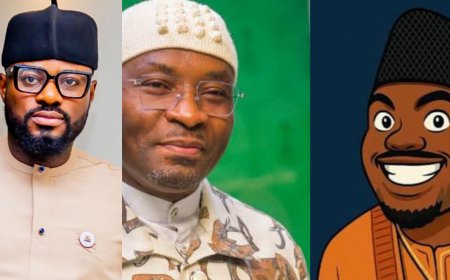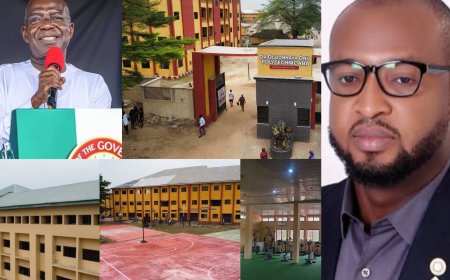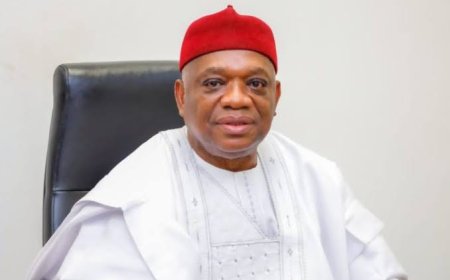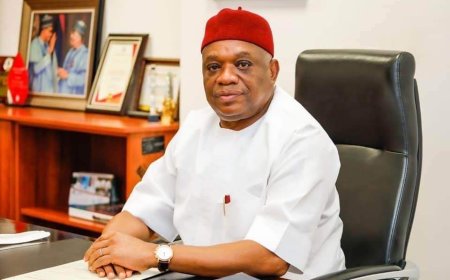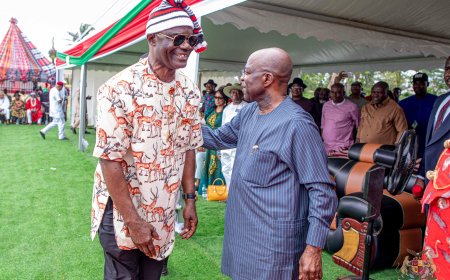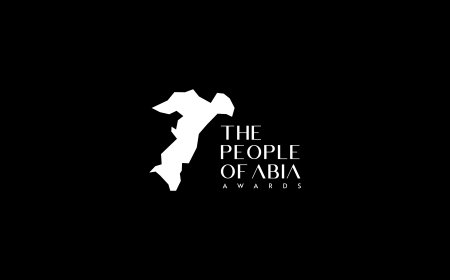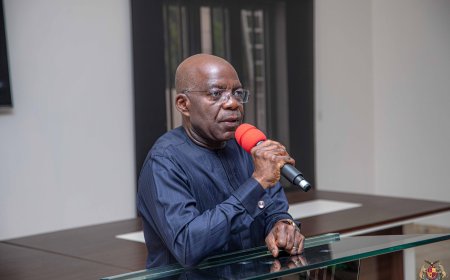Orji Uzor Kalu Declares Himself Most Important Politician in South East, Dismisses Peter Obi as Leader
Former Abia Governor and Senator, Orji Uzor Kalu, declares himself the most important politician in the South East, dismissing Peter Obi as his leader and citing his political achievements and experience.
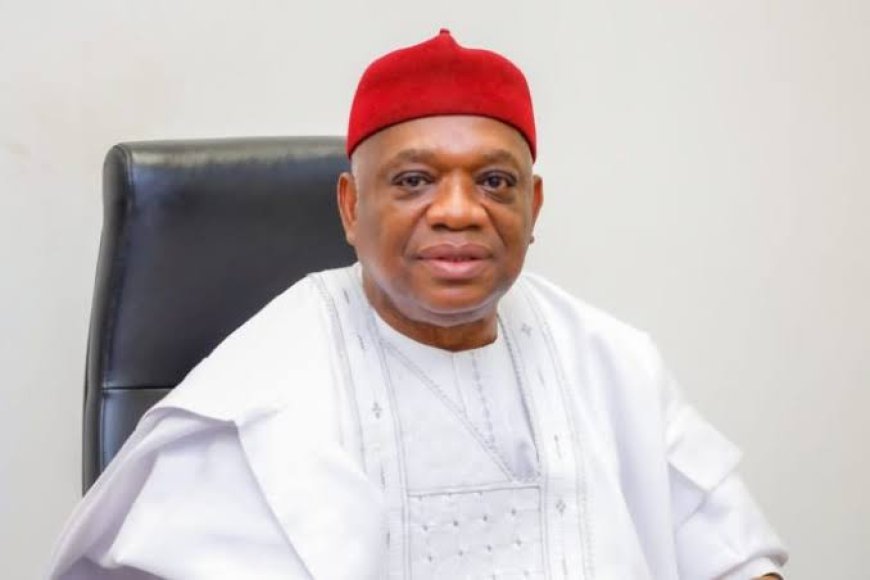
Former Governor of Abia State and Senate Chief Whip, Senator Orji Uzor Kalu, has declared himself the most important politician in the South East region.
Speaking on Channels Television’s Politics Today on Wednesday, Kalu dismissed claims that the Labour Party’s presidential candidate in the 2023 election, Peter Obi, is his political leader.
Kalu argued that his political journey and achievements far outweigh Obi’s. He pointed to his tenure as Governor of Abia State from 1999 to 2007, his role in national politics, and his current position as a serving senator as evidence of his superior political influence.
“I have been a governor, I have been a businessman, and I am now a senator. I have produced many leaders and supported others to rise politically. So, how can Peter Obi be my leader?” Kalu stated.
The former governor emphasized that his contributions to the development of the South East and his relationships across political divides make him one of the most relevant figures in Nigerian politics.
Kalu also noted that political leadership in the South East should be determined by record and capacity, not social media popularity.
“Politics is not about noise. It is about structure, results, and experience. I respect Peter Obi, but leadership is earned through consistent political service,” he added.
Kalu’s comments have sparked fresh debate over political dominance and leadership within the South East, a region that remains politically divided after the 2023 general elections.
While supporters of Peter Obi view him as the new face of Igbo political consciousness, Kalu’s loyalists argue that experience, not populism, defines true leadership.
Political analysts believe the former governor’s statement signals a renewed contest for influence among top Igbo politicians ahead of the 2027 general elections.

